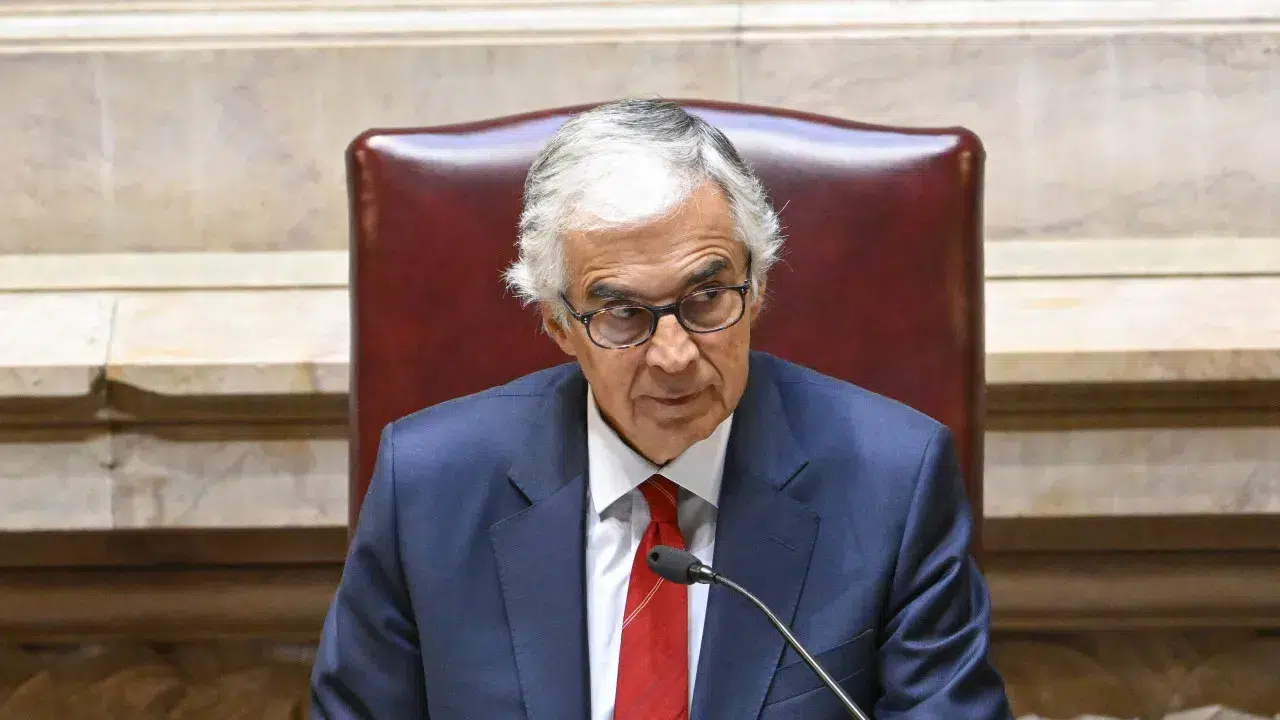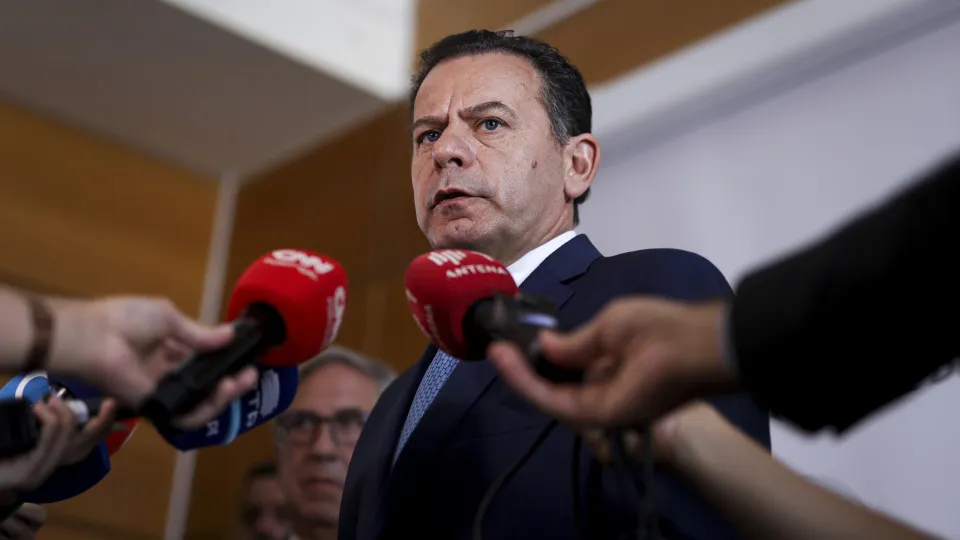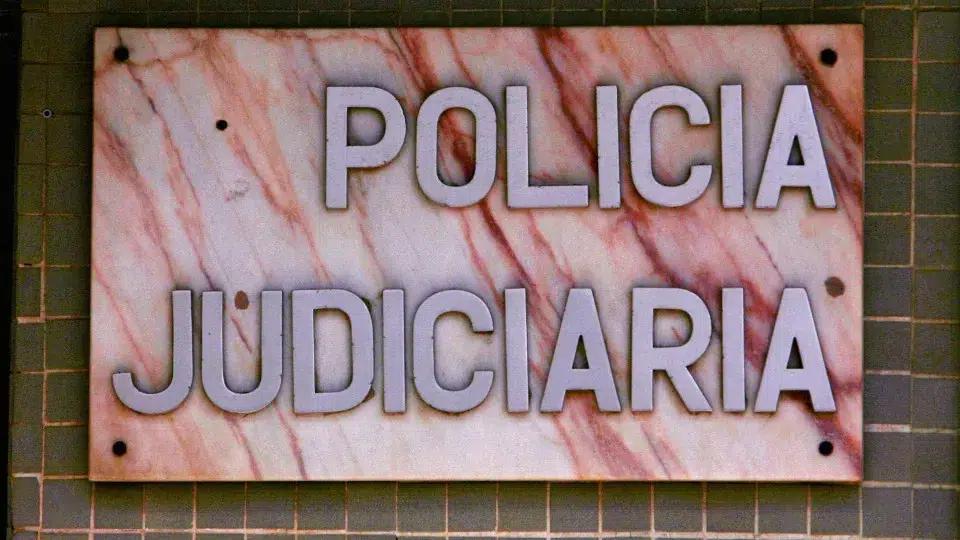
The position of José Pedro Aguiar-Branco has been made public today through a dispatch that has now been shared. This dispatch follows a non-binding opinion issued by the services of the Assembly of the Republic regarding the Chega bill, which suggested it should not be admitted due to conflicts with the Constitution, specifically relating to its proposal to allow for the loss of nationality in certain cases.
This non-binding opinion by the parliamentary services even led Chega’s leader, André Ventura, last Friday, to accuse the President of the Assembly of the Republic of “blocking” his party’s political actions. At the time Ventura made these statements, José Pedro Aguiar-Branco had yet to decide on the matter.
In his dispatch regarding the Chega bill proposing changes to the nationality law, the President of the Assembly of the Republic concludes its admission “with the necessary reservations regarding the constitutional issues raised and pending necessary corrections during the legislative process.”
Article 120 of the Assembly’s Rules of Procedure states that bills and amendment proposals that “violate the Constitution or its principles” shall not be admitted.
José Pedro Aguiar-Branco asserts this regulation “plays an essential role in protecting the constitutional order, functioning as a preliminary control mechanism crucial to ensuring any bill or amendment submitted to the Assembly of the Republic complies with the fundamental principles emanating from the Constitution.”
“However, we believe this power should be exercised in exceptional situations and treated with particular caution, in strict observance of the legislative initiative principle enshrined in article 167.1 of the Constitution of the Portuguese Republic,” emphasizes the former Social Democratic minister.
For the President of the Assembly of the Republic, the right to non-admission of a specific bill “is not an automatic rejection power of any and every proposal with some constitutional noncompliance, but rather the exercise of a power-duty aimed at preventing manifest violations of its precepts.”
Thus, from José Pedro Aguiar-Branco’s perspective, the rejection of a bill “should be directed only at proposals that present a flagrant, irremediable, and insurmountable violation of the Constitution, meaning those foundations cannot be corrected or remedied during the legislative process—a process that is sufficiently dynamic and flexible to allow for correcting shortcomings and adapting norms to constitutional demands.”
“In summary, we believe the power-duty of rejection conferred on the President of the Assembly of the Republic, provided in article 120 of the Rules, should only occur when the proposal is conspicuously noncompliant with the Constitution and so blatant that it precludes any reasonable adjustment during legislative processing,” he claims in his dispatch.
And it is from this perspective, according to José Pedro Aguiar-Branco, that the admissibility of the project presented by Chega has been analyzed.




